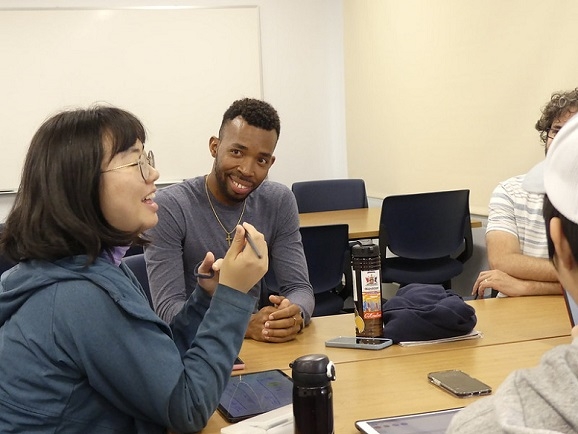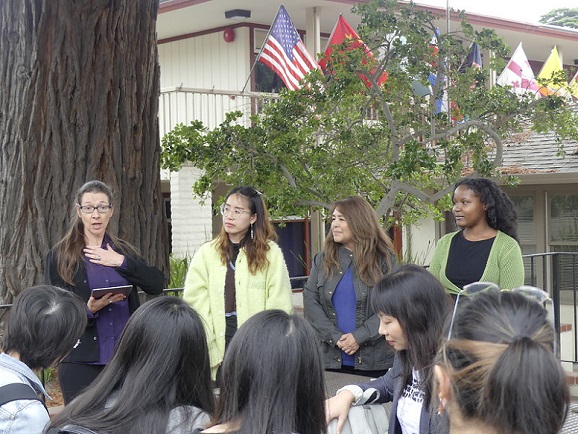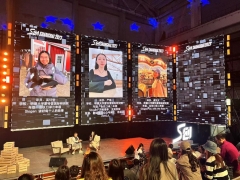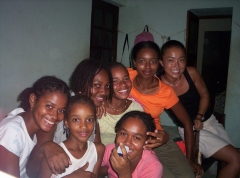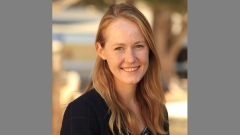Students Share Experiences Interpreting for Major Shanghai Tech Conference
| by Grace Shen
Seven Institute students recently provided remote interpretation for business leaders and investors from around the world attending a major startup conference.

